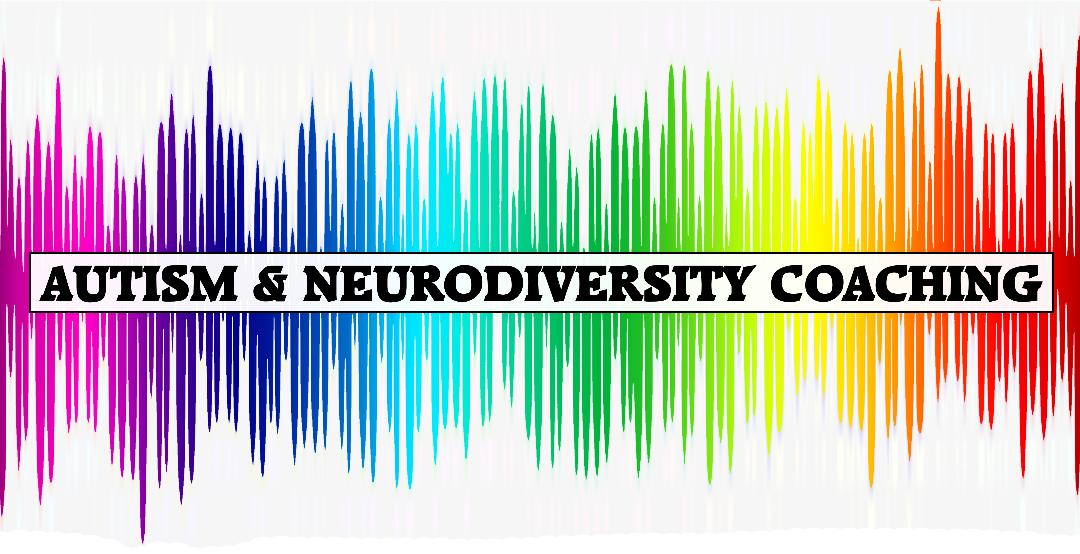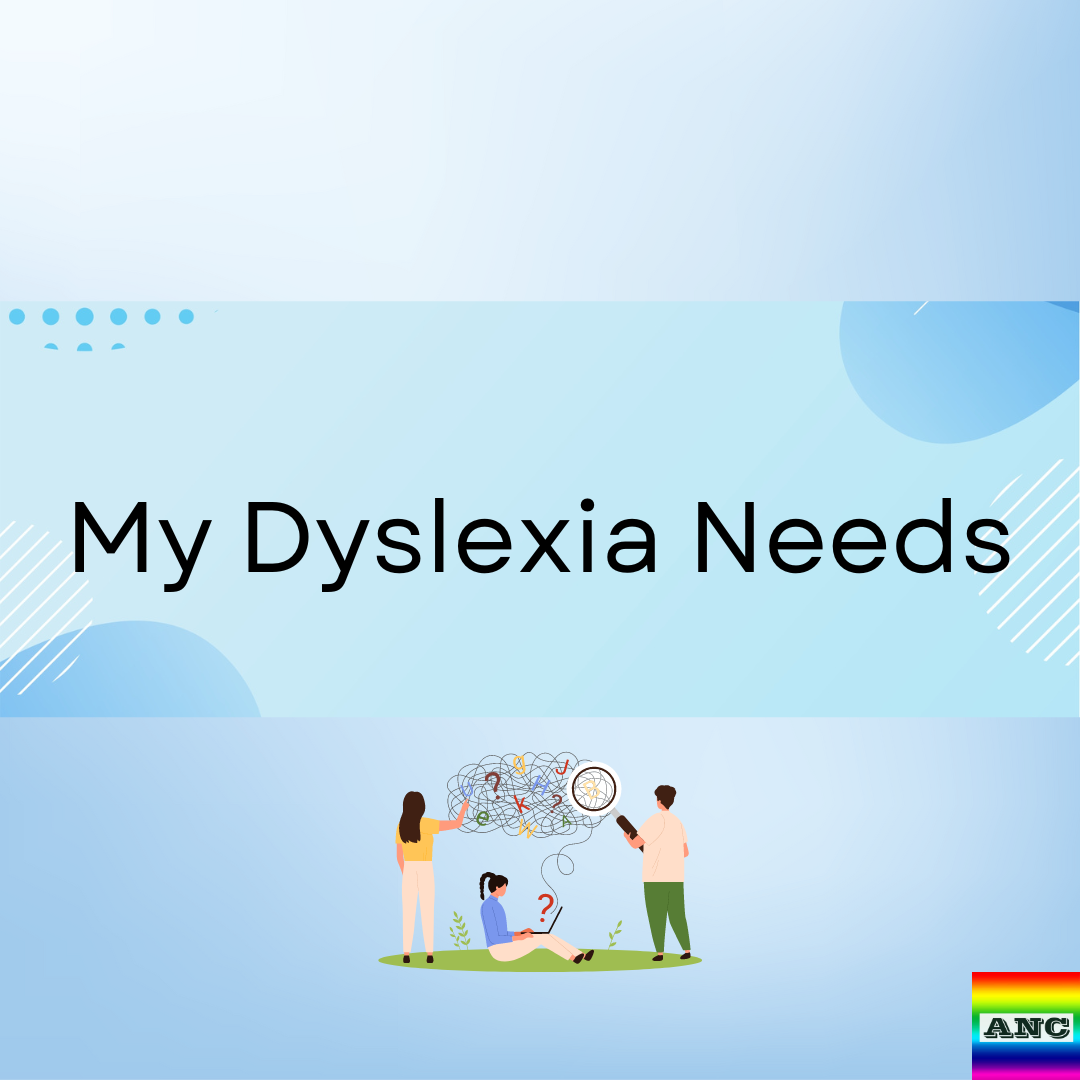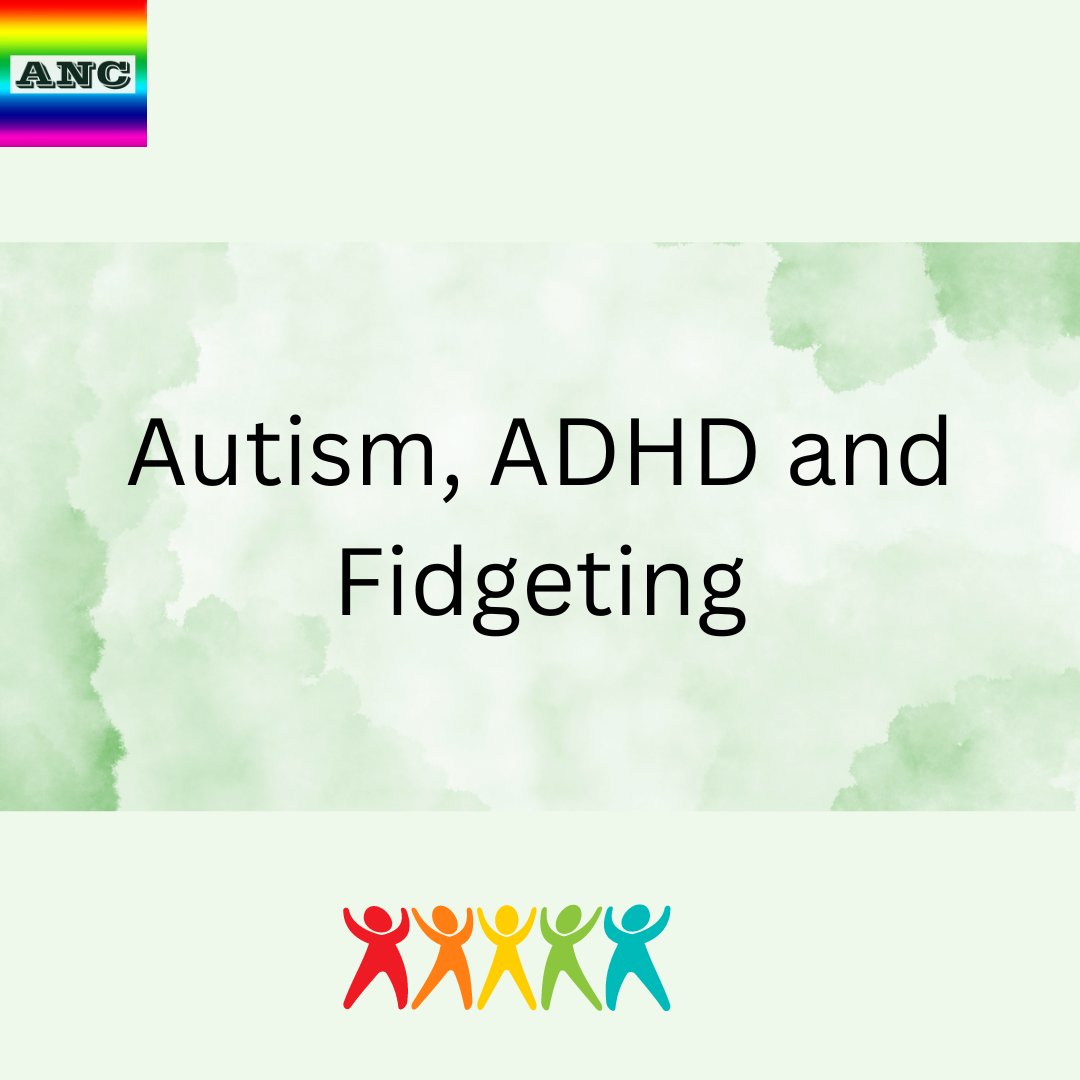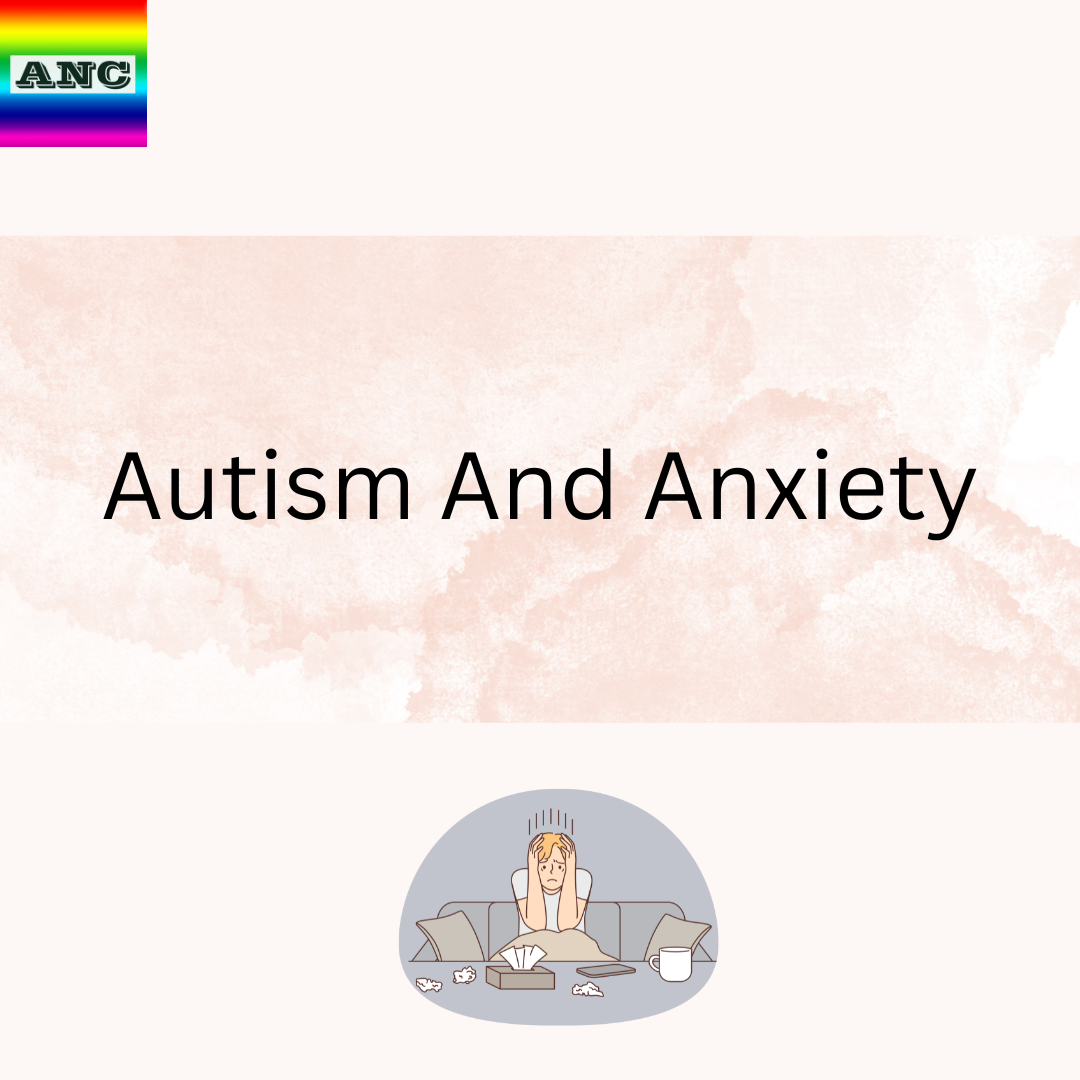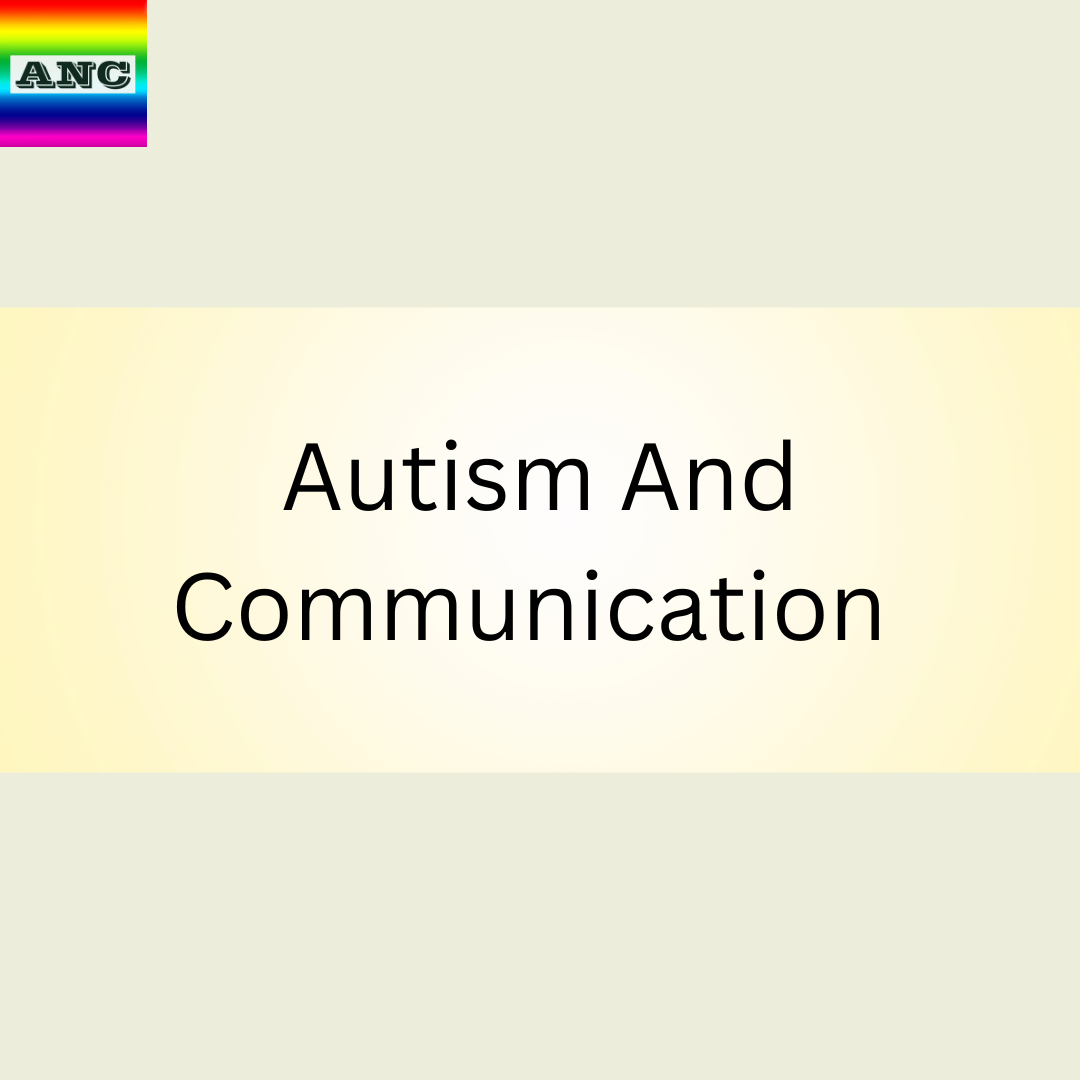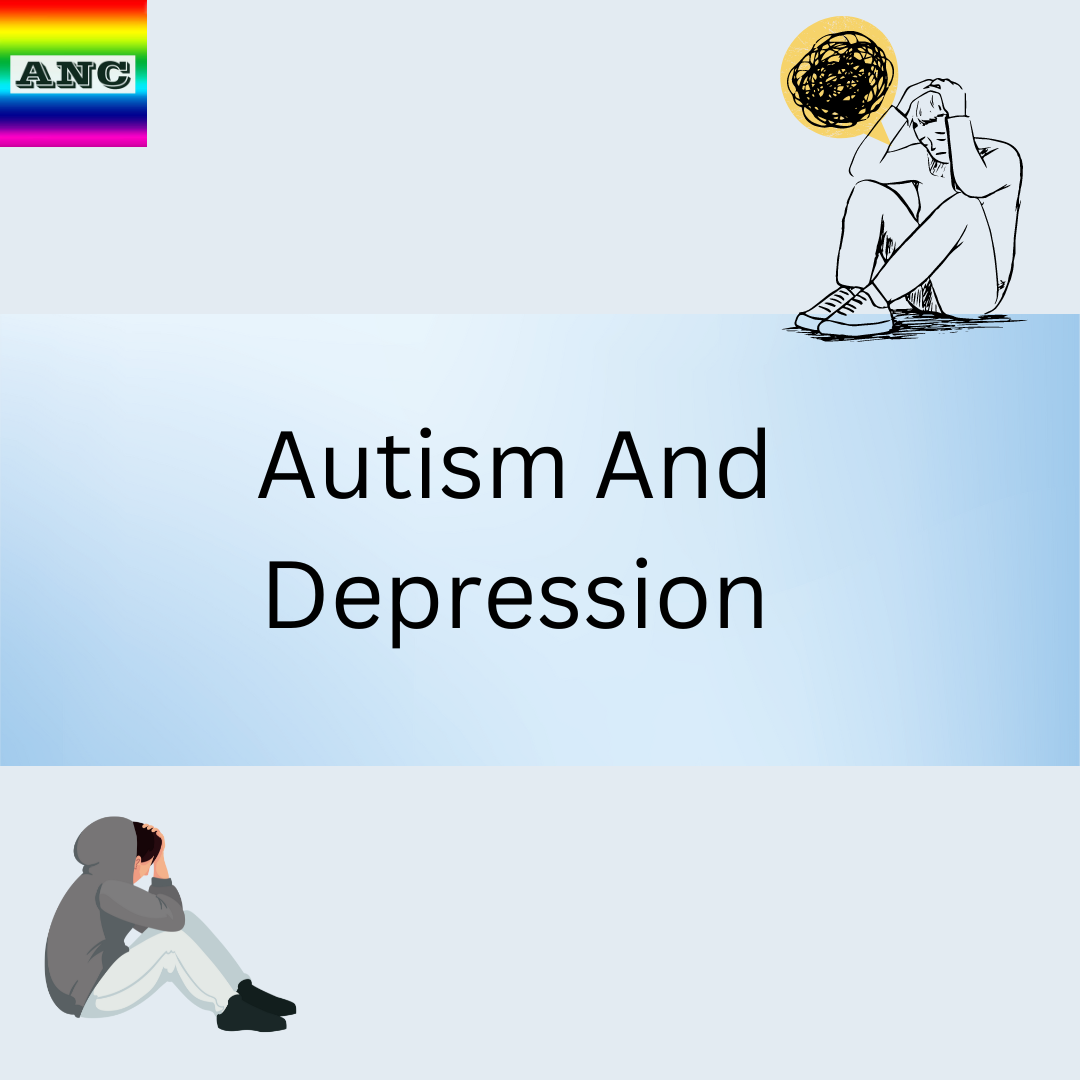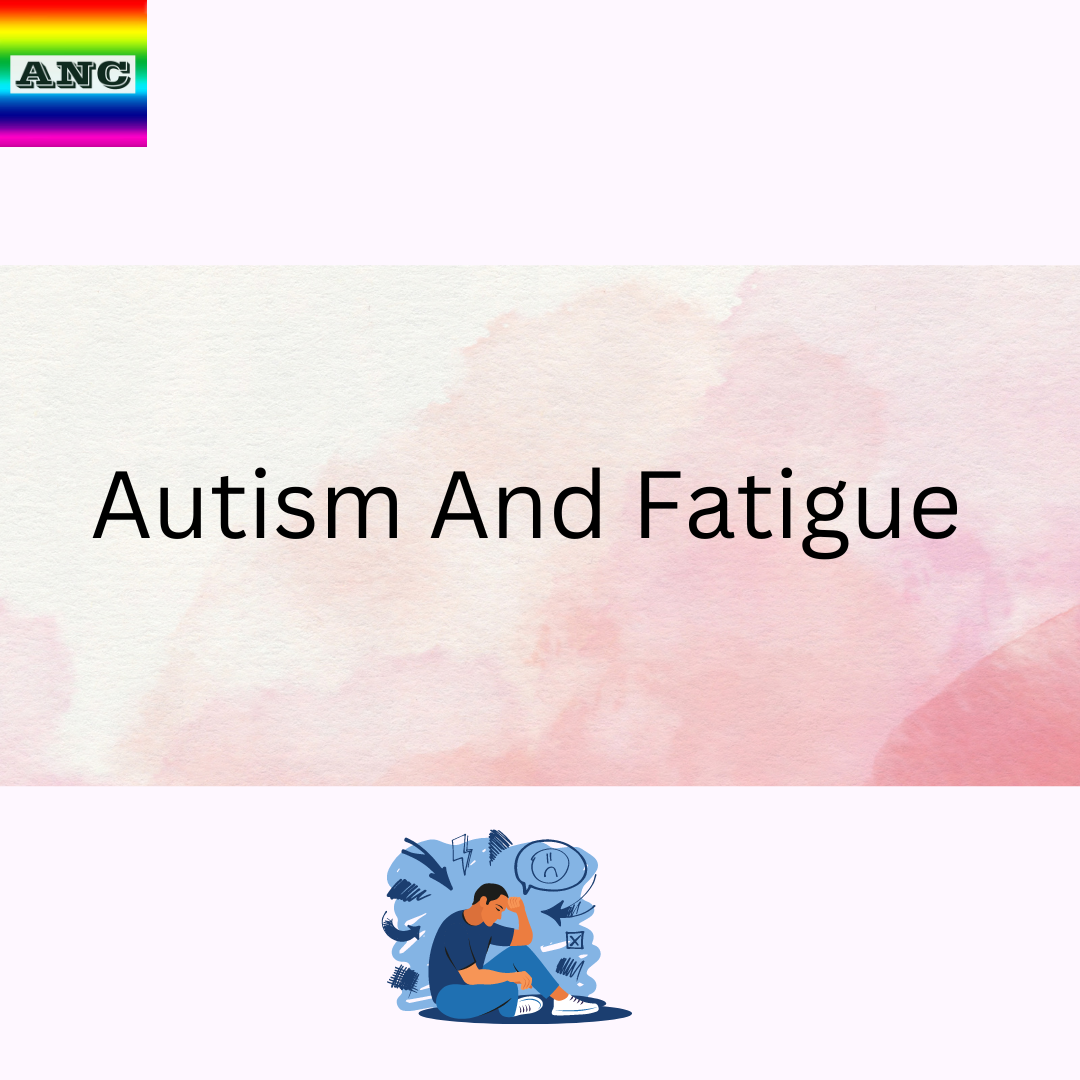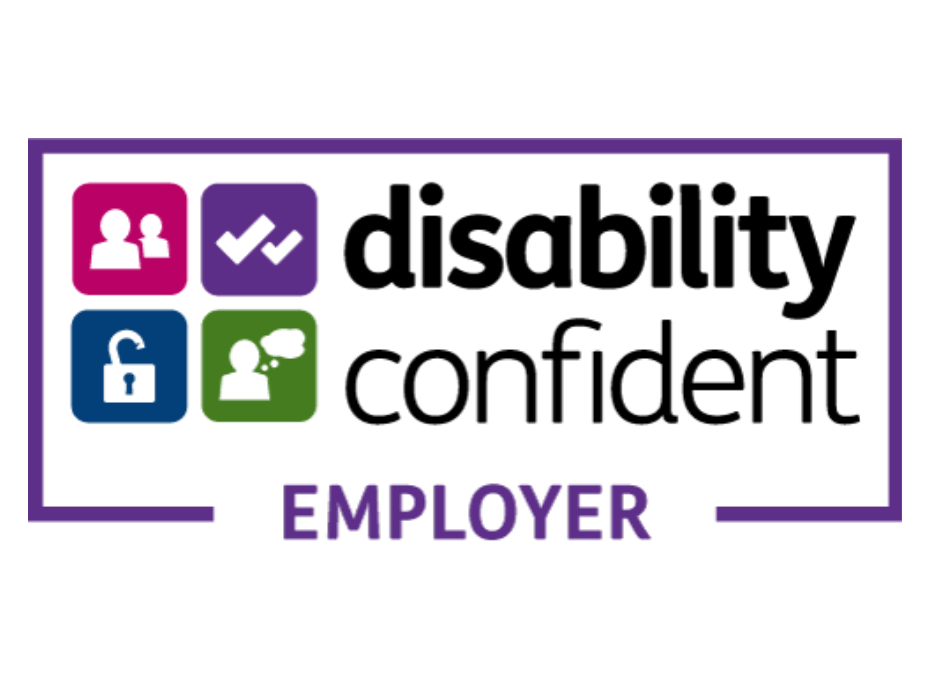Autism and Lights When Driving
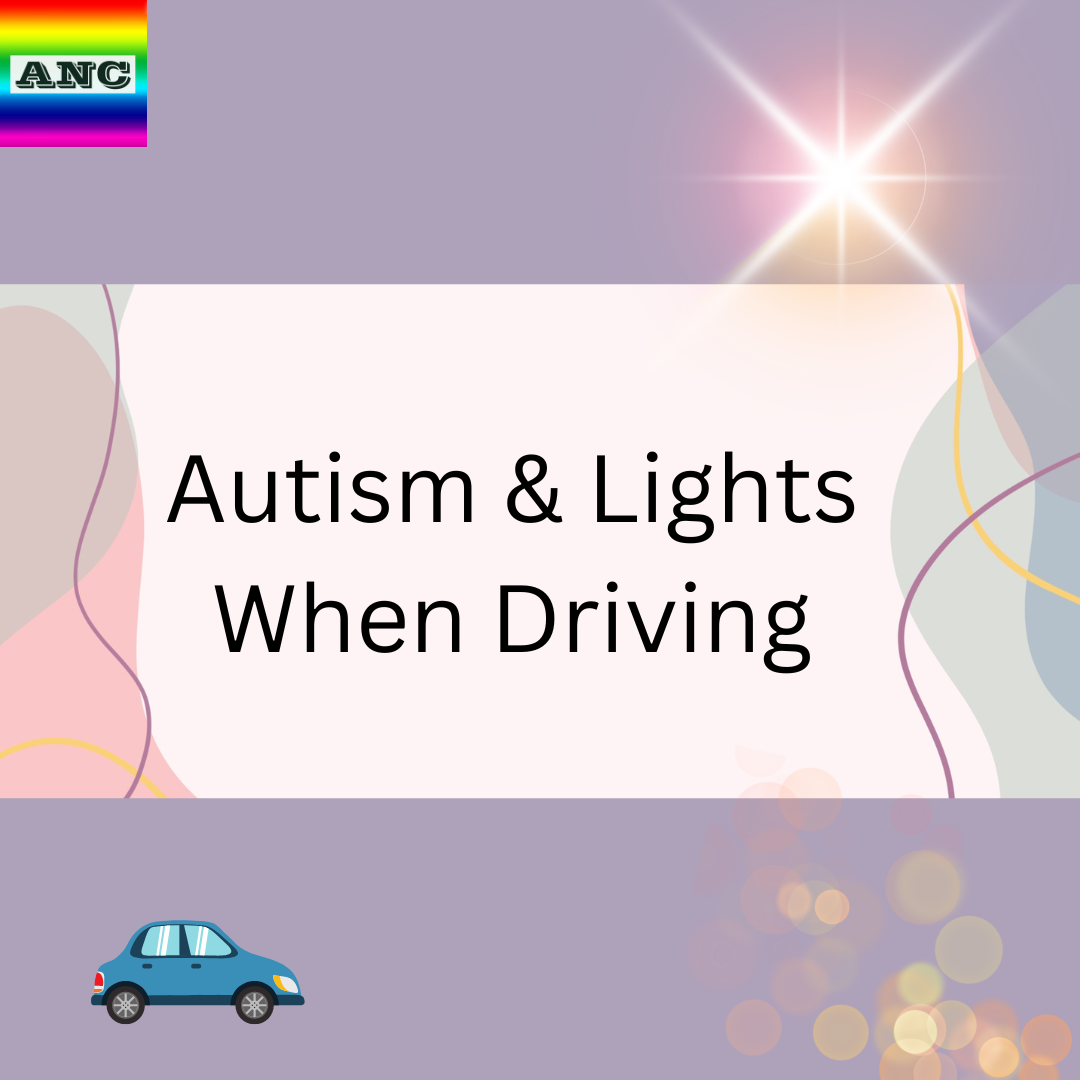
Every autistic individual is different in terms of the strengths and struggles they possess. However, many of them struggle when it comes to sensory overload. Again, not every autistic individual is the same when it comes to the types of senses that affect them. In this blog, we are going to look at lighting in particular and, in this case, how it can impact someone who is autistic while they are driving.
Now first off, let's dispel the myth that autistic people cannot drive. Whilst some will not be able to drive for various reasons, many autistic people do drive and can actually make very sensible and empathetic drivers. So let's look at how lights may be a problem for some autistic people. As autistic people often have heightened senses, it would make sense that this would be the case when being around bright lights when driving. It can be really dazzling, painful, and scary for some autistic people when driving. For example, car headlights can feel as if they are blinding the person, especially when on full beam. Any form of light can cause a serious inconvenience for the individual.
One of the worst examples would be police vehicles, fire engines, and ambulances. These vehicles can cause a massive disruption to the eyesight of an autistic person. It can be unbearable when the lights are flashing, even if only for a few seconds. Traffic lights, whilst having a less impactful effect, can still cause issues. Even lights within the vehicle, such as someone being on their phone when it is dark or the overhead lights in the front of the car being on, can be a disturbance. It is important as a driver to acknowledge and respect the struggles they may go through and to try to do as much as they can to help.
This doesn't need to be a big gesture, what simply not having a full beam on when an oncoming car is approaching can make the world of difference. It is also important to point out that anyone driving one of the previously mentioned vehicles above could do that part in ensuring that lights on affecting others around them. Of course these flashing lights need to be on at least some of the time to warn others of their intentions, but the question is do they need to be honest much as they are, and do they need to be quiet as bright. I hope you found this blog helpful and we will dive further into this topic in the future.
Companies We Have Worked With
Slide title
East Midlands Trains
Button
Slide title
DWP
Button
Slide title
Job Centre Plus
Button
Slide title
NHS Derbyshire Healthcare
Button
Slide title
East Midlands Chambers
Button
Slide title
Kickstart Scheme
ButtonSlide title
One HR
Button
Slide title
Joined Up Care Derbyshire
Button
Slide title
Derbyshire County Council
Button
Slide title
Rennie Consulting
Button
